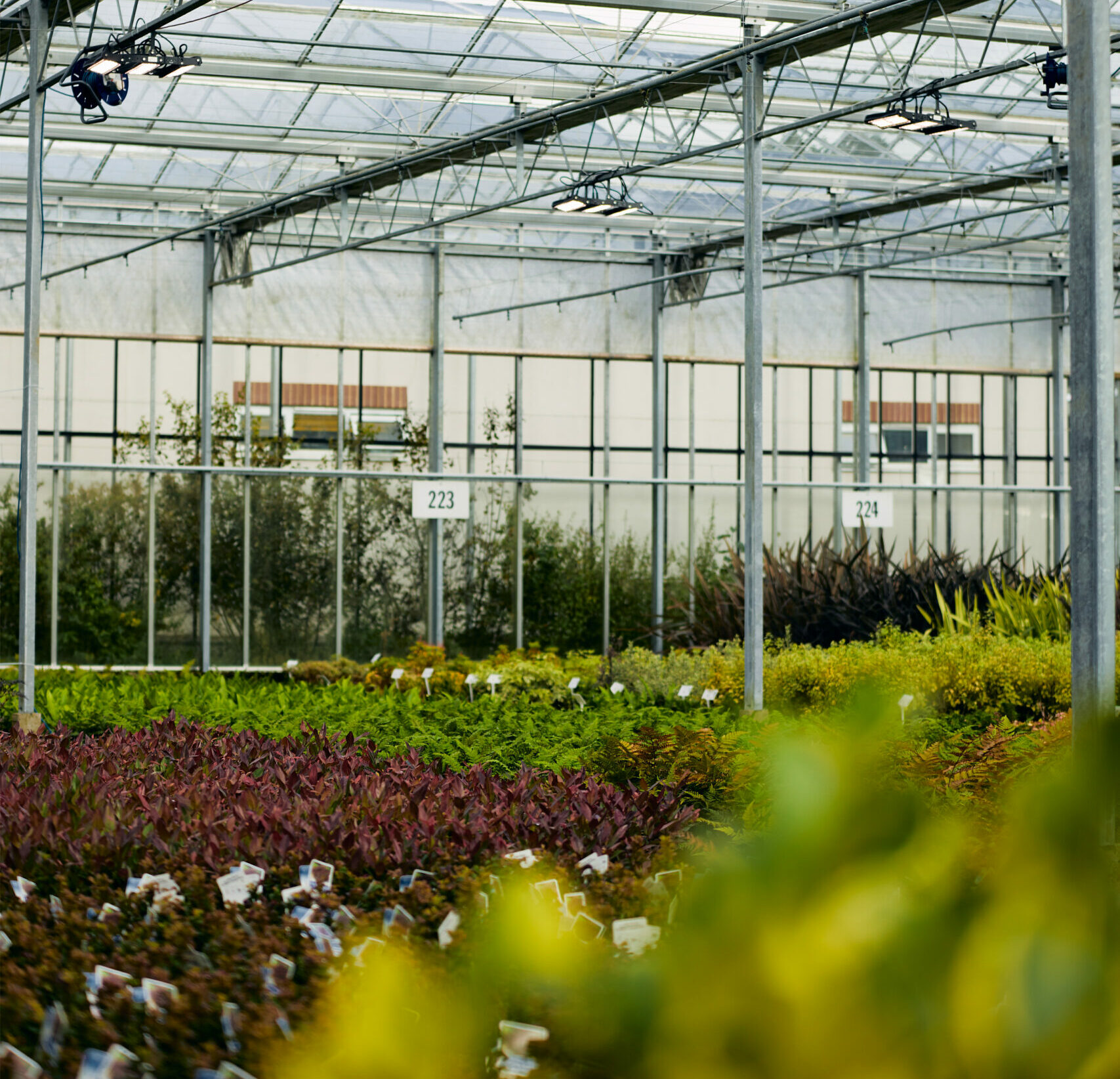In the dynamic world of agriculture, vertical farming is rapidly gaining ground. Whilst organic produce sales have seen a 2.1% dip over the past year, vertical farming, a keystone of controlled environment agriculture, is booming, projected to conquer a global market share of over £9 billion by 2026. This progress is fuelled by vertical farming’s game-changing ability to drastically reduce water use, completely eliminate pesticide application, and eradicate food waste. With such sustainable practices, the question emerges: isn’t vertical farming essentially the new organic?
Current UK and EU regulations mandate that ‘organic’ labels only grace produce grown in soil, under the scrutiny of authorized control bodies like Organic Farmers & Growers or the Soil Association. But with vertical farming innovatively disrupting this definition, the lines are starting to blur.
Vertical farms champion several organic standards. Housed in sterile, meticulously controlled environments, these high-tech farms have eradicated the need for pesticides and herbicides. The environment inside vertical farms is also ideal for heritage and non-GMO seed varieties, which can thrive without the stress of atmospheric, animal, bacteria, or soil quality fluctuations. Moreover, vertical farms are champions of resource efficiency. They use up to 95% less water than traditional farms, courtesy of their ingenious ability to recycle water. Alongside significant land conservation, these farms incorporate state-of-the-art LED lights, such as Kroptek’s range of LEDs, for superior energy efficiency.
The geographical liberation offered by vertical farming has profound implications for carbon emissions. With the potential to grow food within walking distance of urban consumers year-round, the need for long-distance transportation of refrigerated produce is obliterated. In a bold move, Singapore, under its 2019 Standard 632, has allowed urban vertical farm produce to be sold as organic, propelling vertical farming into new heights of recognition and acceptance.
While EU and UK classifications may remain unchanged for now, the organic farming industry’s experience offers valuable lessons. Both movements share a vision: crafting a sustainable food system that outshines the intensive farming techniques of the 20th century. Organic farming’s surge in popularity over the last 30 years was fuelled by public awareness of its benefits. Applying this wisdom to vertical farming, the industry’s future growth will be powered by highlighting its vital role in climate action efforts.
From slashing carbon footprints to localizing food production, bolstering food security, and offering climate-independent growth, vertical farming is poised to redefine our agricultural future. Organic? It might just be time for a new definition.
To join us in pioneering this sustainable food revolution, get in touch with Kroptek, a leading name in vertical farming solutions: info@kroptek.com

